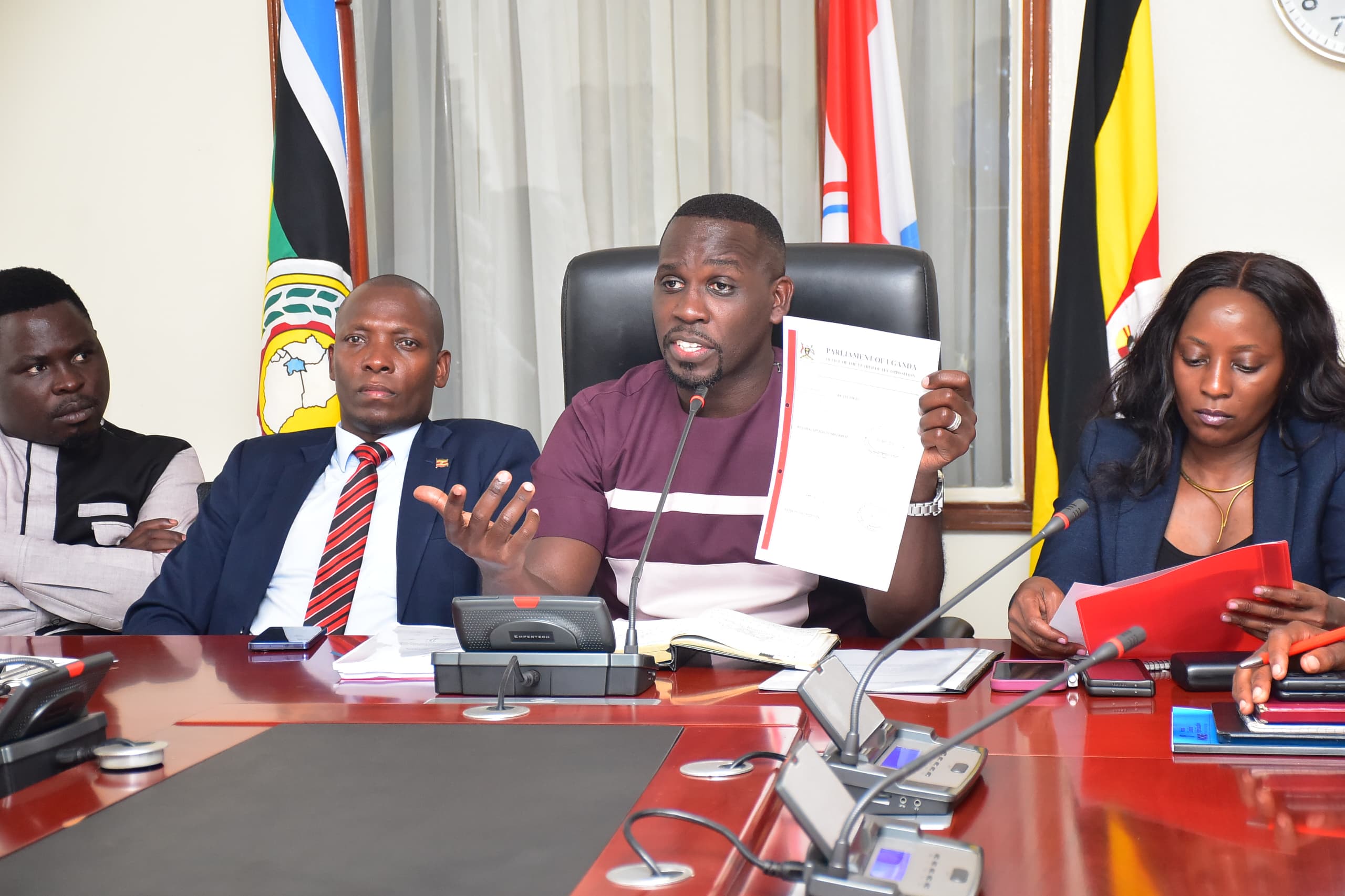
With just hours to this year’s State of the Nation Address (SONA), the Leader of Opposition, Joel Ssenyonyi, has announced that the opposition will boycott Thursday’s event. Ssenyonyi expressed that the president’s speeches have become ritualistic, echoing statements he made in the 1990s and 2000s. The opposition views these repetitive speeches as a mockery to Ugandans, choosing not to participate in what they deem an annual ritual devoid of substance.
Speaking to journalists, Ssenyonyi criticized President Yoweri Museveni for recycling old statements, failing to address pressing contemporary issues.
“Ugandans are interested in hearing how the president is tackling corruption, not defending it,” Ssenyonyi stated.
He emphasized the need for the president to address real concerns, such as reducing State House expenditures and ensuring better service delivery across the country.
The opposition's decision comes in the wake of revelations about State House’s exorbitant daily expenditure. Reports indicate that State House spends approximately Shs2 billion per day. Ssenyonyi expressed skepticism about whether President Museveni’s speech would address financial prudence or strategies to enhance service delivery in Uganda.
The government, however, has stressed the national significance of the SONA, emphasizing that it is not merely an NRM event but a crucial national address. Government spokespersons have urged all political factions to recognize the importance of the address and treat it with the respect it deserves.
The annual State of the Nation Address is a significant event in Uganda’s political calendar, providing an opportunity for the president to outline the government’s achievements and future plans. However, the opposition’s planned boycott highlights a growing dissatisfaction with the content and relevance of these speeches. Many opposition leaders argue that the address has lost its meaning, becoming a platform for reiterating old promises rather than presenting actionable solutions to Uganda’s current challenges.
Ssenyonyi’s announcement reflects a broader discontent with the government’s handling of critical issues such as corruption and fiscal responsibility. The opposition insists that meaningful discourse on these topics is essential for the country's progress and development. By boycotting the SONA, they hope to send a strong message to the government about the need for genuine and substantive engagement with the nation’s pressing issues.
As the country awaits the president’s address, the opposition’s stance has sparked a debate on the relevance and impact of the SONA. The government’s response and the content of President Museveni’s speech will be closely scrutinized to see if they address the opposition’s concerns and resonate with the Ugandan populace’s expectations.











